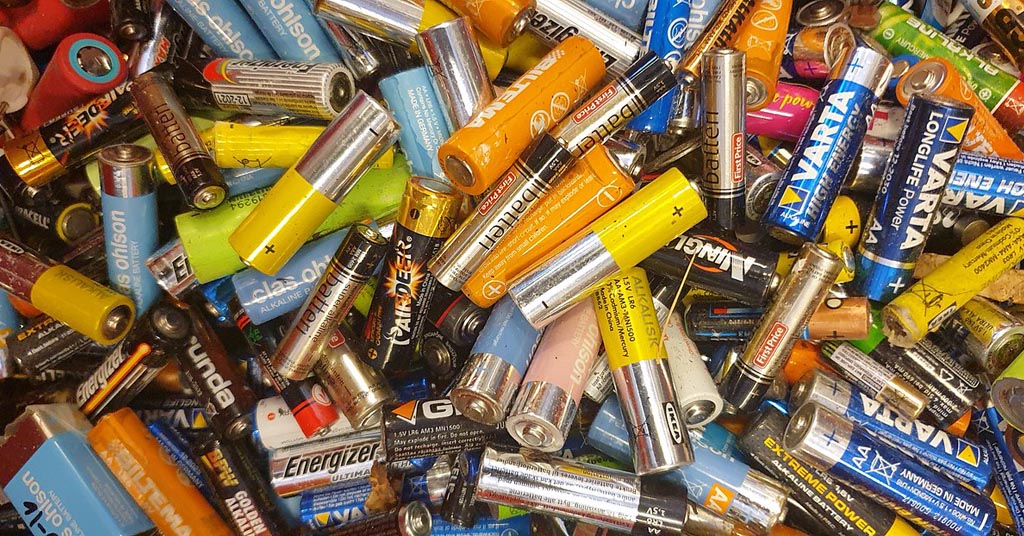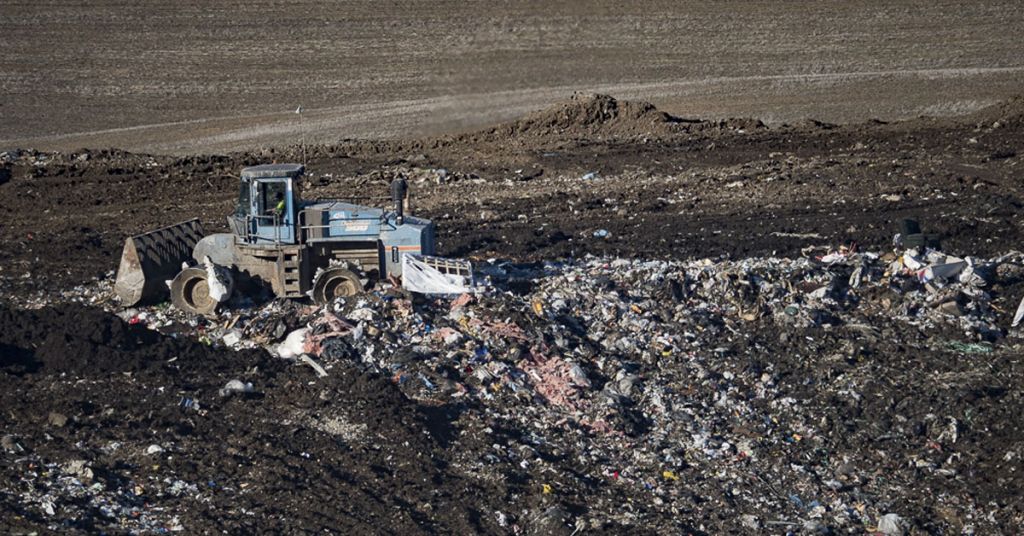 Opinion Essay by Charlotte Bromham age 14 from Hood River, OR – Runner up of the Kids Writing Contest.
Opinion Essay by Charlotte Bromham age 14 from Hood River, OR – Runner up of the Kids Writing Contest.
By Charlotte Bromham. Sept. 29, 2016. Millions of plastic bottles are emptied and tossed away each year in the United States. Because of the carelessness of the modern day consumer, we waste non-renewable resources on one-use products that give mere seconds of satisfaction. Oregon should no longer use recycling as our way to handle the millions of plastic bottles we use yearly.
Despite the fact that plastic bottles can be recycled, most of them end up in massive landfills. Based on the research conducted by Ban the Bottle organization, only 23 percent of the 50 billion plastic bottles Americans discard every year get recycled.
The bottles that are recycled would cover the city of Medford, Oregon. In contrast, the 50 billion bottles we use yearly would cover Salem, Eugene, and Bend. Imagine plastic bottles filling the streets of Oregon’s capital and the other two big Oregon cities. Picture that many bottles leaking leachate (a poisonous chemical plastic lets off in its struggle to decompose) into creeks and rivers near the landfill they are dropped into. It’s not a particularly scenic sight, but that is the world we Americans have created for ourselves.
Because of under-regulation of the recycling symbol, not all bottles that say they’re recyclable really are. The documentary “Bag It” states that the American Chemical Council (a company that tests and creates plastic products) isn’t monitored when it comes to putting recycling symbols on plastic products. Even though it seems strange, there is no law that regulates where you can or can’t place the recycling symbol. Without laws, corporations can trick consumers into thinking bottles they’re buying can be recycled; in reality, the only truly recyclable bottles are ones with a one or two in the middle of the well known circling arrows.
Unfortunately, the plastic industry skirts around the basically non-existent regulations even more by adding more materials to the plastics. Discover Magazine wrote an article on this very issue and said that plastic companies sneak materials into their plastics to make them look nicer; as a result, the bottle you just casually threw into the recycling bin could never make it to a recycling facility as one would expect. Sadly, we all know how this story ends, yet another layer of never decomposing waste added on top of the existing mass of polymer products.
Even though it cuts back on some of the energy used in the making of new plastic bottles, recycling isn’t all that eco-efficient. Recycling facilities are proud of how sustainable and environmentally friendly they are, but when one digs a little deeper than the green arrows a whole new world of waste exposes itself. Take one company for exampe: EcoStar. In their video EcoStar shows their new and improved facility, it’s standard operating procedure includes shredding and cleaning the plastic bottles and containers that come in. During this process, lots of water and electricity are consumed by machinery. In fact, a good amount of those valuable resources mentioned before are used on plastic that just gets thrown away. After the shredding and sanitation process, the lesser quality plastic (including caps, seals, lids, etc.) is separated from the precious PET plastic (normally the body of a bottle, the super thin plastic). Instead of dividing the PET from the non-PET plastic in the beginning, EcoStar sends everything through the sanitation and shredding machines. Later on, they pull out all the plastic that is not PET (roughly 20 percent), wasting energy on plastic that is already destined for the trash can.
In addition, Cambridge University studied the flaws in recycling and found that even a drop of liquid left in a coke bottle can contaminate 10,000 other soon to be recycled bottles. EcoStar also states that they have to deal with contamination frequently, so that could mean thousands of bottles get sent to the graveyard, instead of being resurrected.
Never-the-less, advocates of recycling say that it does cut back on the energy used in production of new plastic bottles by 80 percent. Americans alone use millions of barrels of oil each year in the production of plastic water bottles, says Bag It. Even if some bottles are being recycled, the way in which they are processed wastes water and energy that could be used in a more environmentally friendly way.
All in all, recycling is not the way to take care of the millions of plastics bottles that Oregonians, that Americans use each year. We need to be more mindful of our wastefulness, for the sake of the future generations. As many have said before, reduce and reuse before you recycle. A tax on plastic bottles would encourage people to use their own bottle, or simply cut back on their overall usage of a one-use product that is used only for it’s convenience.










Charlotte…very good article on the science of plastic bottle recycling. You’ve pointed out that recycling while good isn’t the real answer. We should not buy water in plastic bottles in the first place.
Hope you keep writing….we need your voice.
There are lots of recycling vector, recycling bin sign, recycling emoji, recycling gif, etc. can be found. Nowadays recycling bin shaped like a bottle has become very popular.